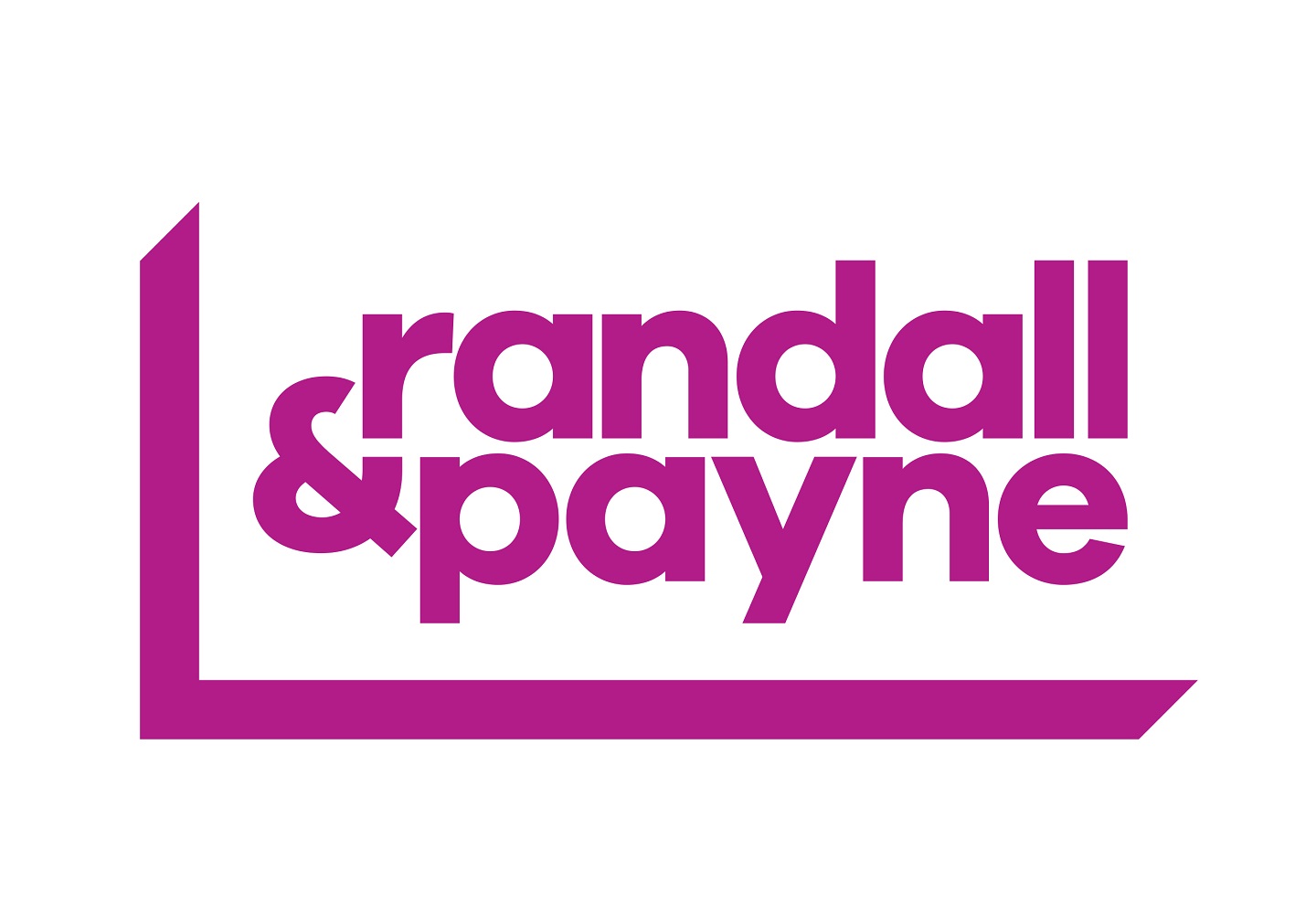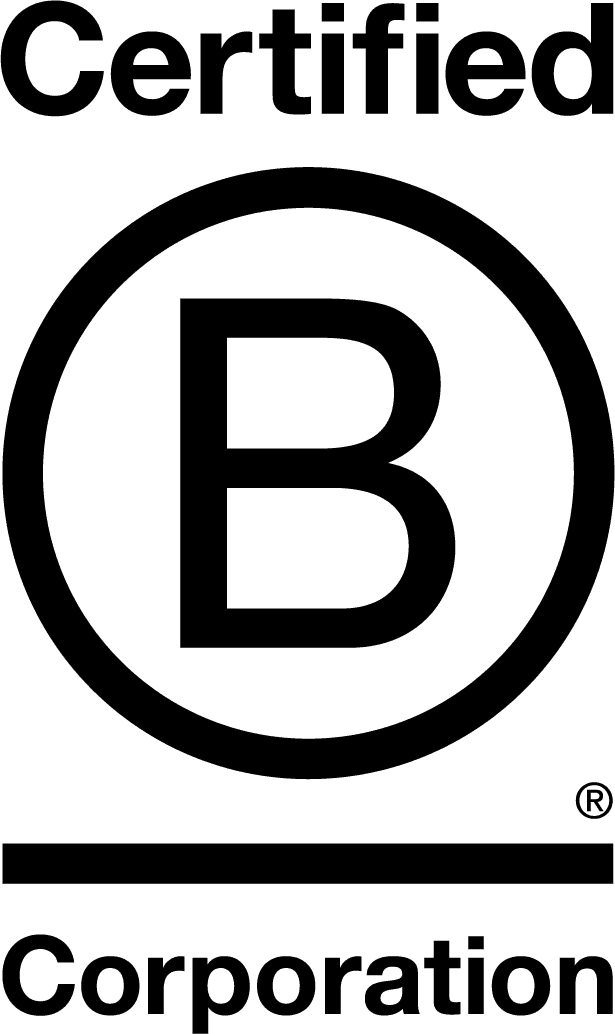

Randall and Payne

1.6
Gloucestershire, United Kingdom
November 2025
Accounting & auditing
Service with Minor Environmental Footprint
United Kingdom
Looking for a purpose-driven, highly established accountancy service? Changing fortunes since 1879, Randall & Payne is an independent firm of chartered accountants, business advisers and tax specialists based in Cheltenham. With our 140-year heritage of client success, we’re thrilled to have become one of the longest established businesses to become B Corp certified. Our services span accountancy, audit, tax, payroll, corporate finance and business advisory, delivered by a 50-strong caring team of experts committed to making our clients’ success our priority. We work with all business sizes across diverse sectors, supporting innovation through R&D tax relief, leadership development, and strategic guidance. We are big enough to cope, and small enough to care. As a purpose-driven firm, we believe business should be a force for good. We invest in our people, champion digital efficiency, reduction of our environmental impact and support our local community, particularly through our charity initiatives. Becoming a certified B Corp reflects our long-standing commitment to integrity, sustainability, and social responsibility. By balancing profit with purpose, we aim to inspire confidence, empower progress, and help shape a thriving, caring and inclusive business commun
Overall B Impact Score
Governance 19.9
Governance evaluates a company's overall mission, engagement around its social/environmental impact, ethics, and transparency. This section also evaluates the ability of a company to protect their mission and formally consider stakeholders in decision making through their corporate structure (e.g. benefit corporation) or corporate governing documents.
What is this? A company with an Impact Business Model is intentionally designed to create a specific positive outcome for one of its stakeholders - such as workers, community, environment, or customers.
Workers 33.6
Workers evaluates a company’s contributions to its employees’ financial security, health & safety, wellness, career development, and engagement & satisfaction. In addition, this section recognizes business models designed to benefit workers, such as companies that are at least 40% owned by non-executive employees and those that have workforce development programs to support individuals with barriers to employment.
Community 18.5
Community evaluates a company’s engagement with and impact on the communities in which it operates, hires from, and sources from. Topics include diversity, equity & inclusion, economic impact, civic engagement, charitable giving, and supply chain management. In addition, this section recognizes business models that are designed to address specific community-oriented problems, such as poverty alleviation through fair trade sourcing or distribution via microenterprises, producer cooperative models, locally focused economic development, and formal charitable giving commitments.
Environment 14.8
Environment evaluates a company’s overall environmental management practices as well as its impact on the air, climate, water, land, and biodiversity. This includes the direct impact of a company’s operations and, when applicable its supply chain and distribution channels. This section also recognizes companies with environmentally innovative production processes and those that sell products or services that have a positive environmental impact. Some examples might include products and services that create renewable energy, reduce consumption or waste, conserve land or wildlife, provide less toxic alternatives to the market, or educate people about environmental problems.
Customers 3.9
Customers evaluates a company’s stewardship of its customers through the quality of its products and services, ethical marketing, data privacy and security, and feedback channels. In addition, this section recognizes products or services that are designed to address a particular social problem for or through its customers, such as health or educational products, arts & media products, serving underserved customers/clients, and services that improve the social impact of other businesses or organizations.